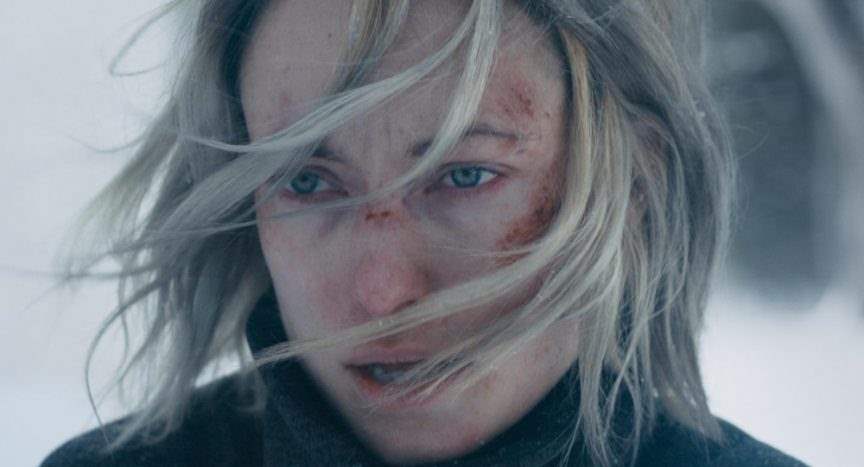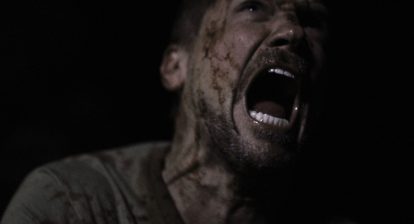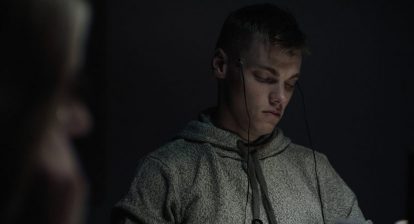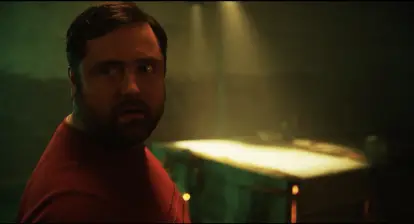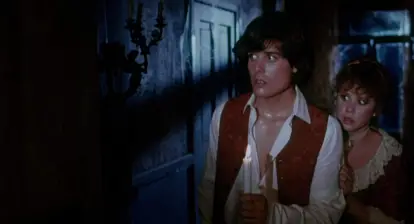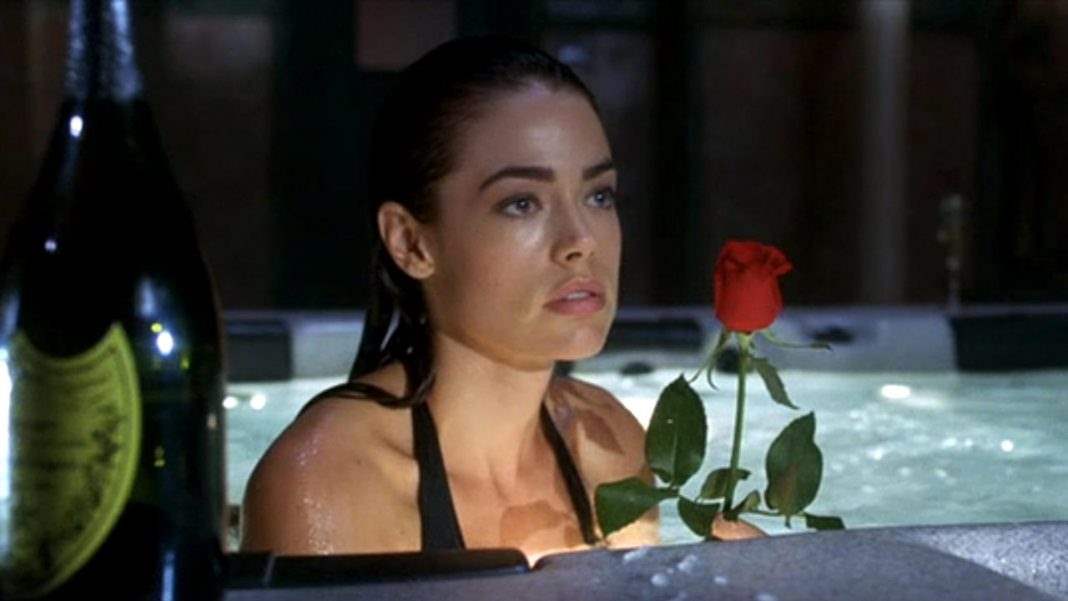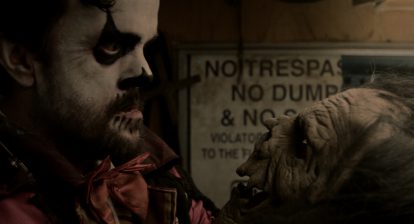Sarah Daggar-Nickson’s A Vigilante opts for a decidedly stoic approach towards material often made salacious. Even when filmmakers seek to respectfully elevate the voices and experiences of the exploited, it can too frequently turn into a leering and grotesque fixation on scars, bruises, weeping, sobbing children, physical damage married with melodramatic pseudo-psychology.
Contrarily, A Vigilante is comparable to Lynne Ramsay’s You Were Never Really Here, where the psychological trauma of an emotionally wounded protagonist turns him into a force hellbent on the destruction of the vile and abusive. Olivia Wilde’s central figure in this film embodies some of the same – she is only betrayed by a third-act that makes the thematic backbone of her character arc into a fleshy and literal conflict, abandoning the nuanced for the guttural, emphasizing not an emotional or ethical survival, but one moreso physical, literal.
Perhaps not coincidentally both films are directed by women. But where Ramsay’s male protagonist embodies a fatalism and self-destruction, Wilde takes on the role of a woman whose strength arises from her self-preservation.
That central arc, from victim to vindicator, is executed in a non-linear series of fragments, each an element of a complete character portrait that draws attention to the loneliness, heartbreak, and determined asceticism of a personality singularly drawn into a tragically unending pursuit. Wilde’s generally reserved, wholly artful performance is razor sharp, taking advantage of her piercing glare – morphing a conventionally attractive face to a hardened warrior’s visage through subtle modifications.
Daggar-Nickson’s stylism is tailored to this character’s quiet and reserved ferocity. Mostly operating without deliberate scoring, and lensed with a cold palette from cinematographer Alan McIntyre-Smith, off-kilter and flattened framings situate the protagonist within the claustrophobic hallways of troubled homes, the dim, asphyxiating lighting schemes of dreary motel rooms, and in one striking scene soused within the deep and dark cavern of a dive bar – where unfriendly figures slowly surround her. It’s an assured rendering, unfortunately disconnected from the sensational shifts of that aforementioned third act, where study turns to would-be thrill ride.
Those later sequences might suggest a tamer, more humane Taken, the wildly popular vigilante revenge film that in many ways revitalized a form of vicious entertainment pictures not so prevalent since the 1970s. A Vigilante is less about any potential catharsis found within revenge, and rather the brutal necessity of it. The film’s most resonant sequences highlight not a violence that begets violence, but rather a form that severs long, bloody lineages of cruelty. When A Vigilante dips it’s toes in audience titillation, succumbing to the stock and trade of lesser thrillers, it can begin to feel like rote machinery thrust into a more graceful whole. At its best, when the film is exploring the emotional resurrections of the rescued, it does its strong central performance and harsh subject matter justice.
A Vigilante is available from Lionsgate now.
Wicked Rating: 6/10
Director(s): Sarah Daggar-Nickson
Writer(s): Sarah Daggar-Nickson
Starring: Olivia Wilde, Morgan Spector, Kyle Catlett
Studio/Production Co: Saban Films LLC
Language: English
Run Time: 91 Minutes
